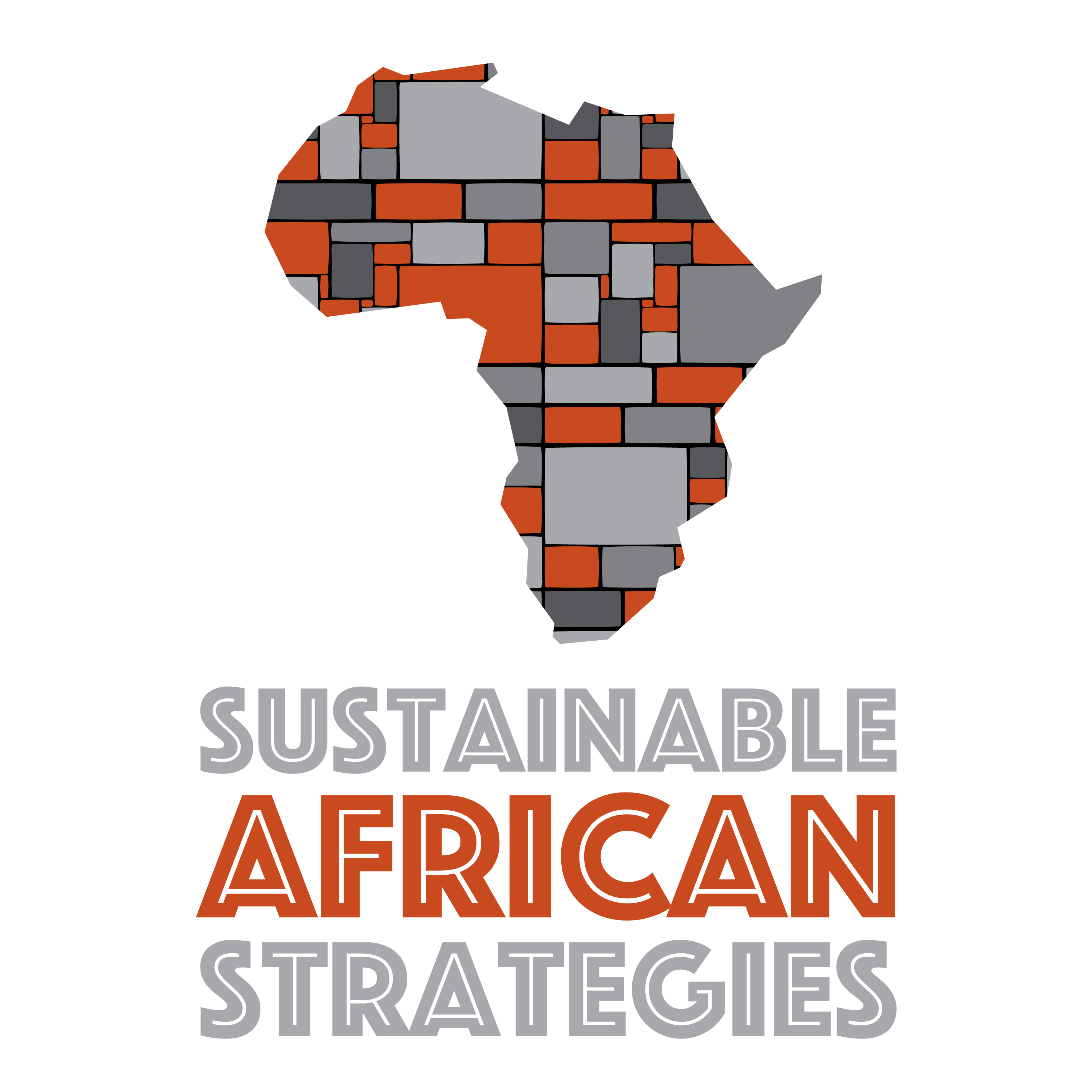Our organisation is guided by the following four pathways, which we believe are the roads to ensure sustainable livelihoods for all. Each of the projects that we undertake fit within one or more of our strategic pathways.
- Education
All education, both formal and informal, improves the possibility of employment. Ensuring all school-age children receive appropriate schooling, starting with early childhood development, is important to us. The quality of the education matters as well; quality education improves the likelihood of employment or entrepreneurial activities.
Skills training is an integral part of every project, ranging from technical expertise and trade knowledge to job-readiness and the softer skills, including leadership and self-management.
- Entrepreneurship
Entrepreneurship is a mindset that uses problem-solving to monetise opportunities. The mindset, although innate in some people, can be taught, fostered and inspired to flourish. Entrepreneurs can thrive at all levels, from informal traders and micro-enterprises to established small businesses. Walking a journey with entrepreneurs unlocks their creativity, business acumen and potential for growth.
- Technology
Technology includes the tools we use to maximise productivity and profitability. These may be as advanced as the latest software systems or as simple as a mechanised process for drawing water from the well to improve a farm’s yield. Identifying, designing, creating, accessing and producing the systems, tools, processes and equipment needed to further each venture is the aim of this pathway.
- Access
A significant limiting factor to sustainable livelihoods is access to (among other things):
- Available jobs because of lack of transport, inability to prepare curriculum vitae or submit job applications
- Markets for products and services, particularly international markets
- Funding for entrepreneurial initiatives or new product development
- Equipment and infrastructure requirements for sustainability and growth
